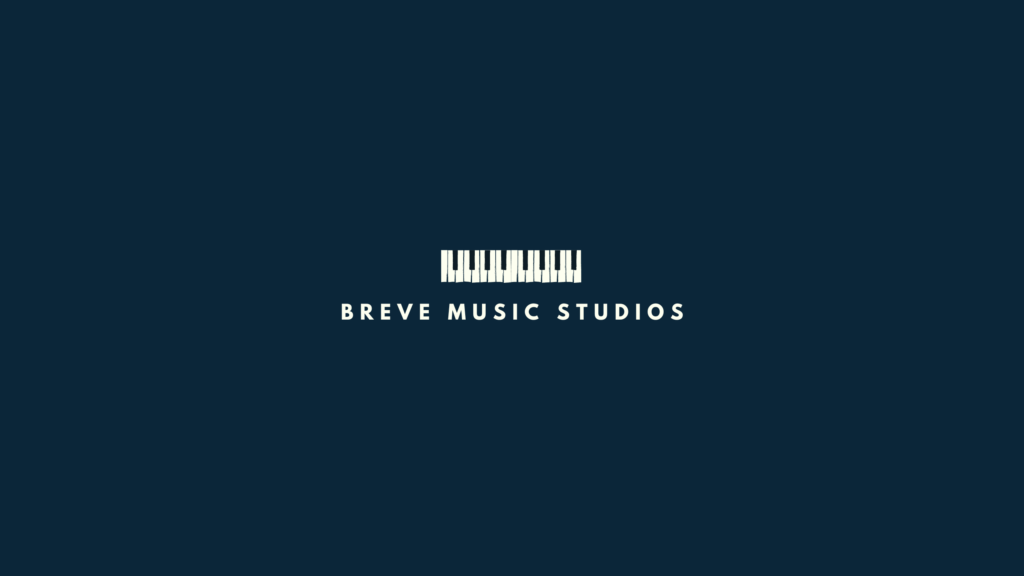Table of Contents
What’s The Difference between Songtrust vs MLC?
When it comes to music licensing and the collection of royalties, understanding the difference between Songtrust and the Music Licensing Collective (MLC) is crucial for songwriters and music publishing entities. Songtrust and MLC play distinct roles in the administration and collection of mechanical royalties, making it essential to comprehend their individual functions and services.
Tl;dr – You don’t need to register for Songtrust if you register your music yourself with the MLC, the Harry Fox Agency, SoundExchange, and MusicReports. It know it sounds like a lot, but you will be able to keep more of your money (instead of paying 15% to Songtrust)
Overview of Music Licensing
Music licensing encompasses the process of granting permission to use copyrighted music in various forms of media. It involves the issuance of licenses for the reproduction and distribution of musical works, allowing the licensees to use the copyrighted material in exchange for royalty payments. One crucial aspect of music licensing is the management of mechanical royalties, which are generated from the reproduction of music onto various platforms and formats.
Understanding Mechanical Licenses
Mechanical licenses pertain to the authorization granted for the reproduction and distribution of copyrighted musical compositions. These licenses are essential for songwriters and music publishers, as they enable the lawful utilization of musical works across different mediums, such as digital streaming services, physical recordings, and downloads. The collection and payment of mechanical royalties are integral components of the music licensing landscape.
Role of a Music Licensing Collective (MLC)
The Music Licensing Collective (MLC) operates as a centralized entity that administers the collection and distribution of mechanical royalties on behalf of songwriters and music publishers. The MLC is responsible for ensuring that these royalties are efficiently collected and paid to the rightful copyright owners, streamlining the process of royalty management for music creators and rights holders.

Introduction to Songtrust
Songtrust, on the other hand, serves as a prominent music publishing administrator, specializing in the global collection of publishing royalties for songwriters and music publishing companies. By offering services such as the registration of songs, administration of performance royalties, and the facilitation of royalty payments, Songtrust assists creators in effectively managing their publishing rights and maximizing their earning potential.
Key Differences Between MLC and Songtrust
When it comes to music licensing, understanding the differences between Songtrust and the Music Licensing Collective (MLC) is essential. These differences are significant for songwriters and music publishing entities, as they impact the handling of mechanical royalties and the accessibility for independent artists.
Types of Licenses Offered
Songtrust primarily operates as a music publishing administrator, specializing in the global collection of publishing royalties for songwriters and music publishing companies. Additionally, Songtrust offers services such as the registration of songs, administration of performance royalties, and facilitation of royalty payments. On the other hand, the Music Licensing Collective (MLC) functions as a centralized entity that administers the collection and distribution of mechanical royalties on behalf of songwriters and music publishers. MLC ensures efficient collection and payment of mechanical royalties to rightful copyright owners.
Handling of Mechanical Royalties
One of the key distinctions between Songtrust and MLC is the manner in which they handle mechanical royalties. MLC primarily focuses on the collection and distribution of mechanical royalties, ensuring that these royalties are efficiently collected and paid to the rightful copyright owners. Songtrust, however, specializes in the global collection of publishing royalties and offers services such as song registration, administration of performance royalties, and facilitation of royalty payments, thereby catering to the needs of songwriters and music publishing companies.
Accessibility for Independent Artists
MLC and Songtrust also differ in terms of accessibility for independent artists. While MLC administers the collection and distribution of mechanical royalties for songwriters and music publishers, Songtrust offers services such as the global collection of publishing royalties, registration of songs, and facilitation of royalty payments, catering to songwriters and music publishing companies. This distinct focus on publishing royalties and royalty management sets Songtrust apart, making it a valuable platform for independent artists seeking to effectively manage their publishing rights and maximize their earning potential.
Benefits and Drawbacks of Songtrust vs MLC
When considering the benefits and drawbacks of the Music Licensing Collective (MLC) and Songtrust, it’s crucial to evaluate their respective approaches to royalty collection, support for music reports, and services offered to music publishers and songwriters. While both entities play pivotal roles in the music industry, understanding the specific advantages and limitations they present can aid in making informed decisions regarding the management and administration of music royalties.
Royalty Collection Process
The royalty collection process differs between MLC and Songtrust. MLC focuses on the collection and distribution of mechanical royalties, ensuring the efficient and accurate disbursement of these earnings to the rightful copyright owners. On the other hand, Songtrust specializes in the global collection of publishing royalties, offering comprehensive support for rights management and royalty payments for songwriters and music publishing entities.
Support for Music Reports and Tunecore Publishing
When it comes to support for music reports and Tunecore publishing, MLC assists in administering blanket mechanical licenses to eligible Digital Service Providers (DSPs) and works with music publishers to ensure the accurate collection and distribution of mechanical royalties. Conversely, Songtrust provides extensive services for song registration, performance royalty administration, and the facilitation of royalty payments, catering to the needs of music creators and rights organizations.
Comparison of Fees and Services Offered
In comparing the fees and services offered by MLC and Songtrust, it’s essential to weigh the cost-effectiveness and specific service provisions of each entity. While MLC focuses on the efficient collection and disbursement of mechanical royalties, Songtrust specializes in offering comprehensive support for music publishers and songwriters, including the global collection of publishing royalties, registration of songs, and administration of performance royalties.
Choosing the Right Music Publishing Solution
When selecting between MLC and Songtrust, several considerations come into play. Understanding the role of CD Baby and Harry Fox Agency (HFA) in royalty collection, as well as gaining insights into the mechanisms for pay source and collecting royalties, can aid in determining the most suitable music publishing solution for songwriters, music publishers, and independent artists.
Considerations for Selecting Between MLC and Songtrust
When deciding between MLC and Songtrust, factors such as the administration of blanket mechanical licenses, the handling of mechanical royalties, and the accessibility for independent artists should be carefully considered. Evaluating the specific services offered by each entity and identifying the most pertinent support for royalty collection and rights management is essential for choosing the right music publishing solution.
Understanding the Role of CD Baby and HFA in Royalty Collection
CD Baby and HFA play integral roles in the collection and administration of music royalties. With CD Baby Pro Publishing and HFA’s involvement in licensing and royalty collection, understanding their collaboration with MLC and Songtrust can provide valuable insights into the complexities of royalty management and the facilitation of royalty payments for music creators and rights holders.
Insights into Mechanisms for Pay Source and Collecting Royalties
The mechanisms for pay source and collecting royalties encompass the processes and platforms through which music royalties are generated, collected, and disbursed. Evaluating the efficacy of royalty collection mechanisms and understanding the avenues for accessing and managing music royalties is essential for songwriters and music publishers seeking to maximize their earning potential and secure their rightful earnings.
Conclusion
Breve Music Studios publishes music to Spotify, YouTube Music, Amazon Music and more. Follow our pages on Facebook, Instagram, Twitter, TikTok, and YouTube.
Listen to our ensembles: Breve Orchestra, Breve Music Ensemble, Breve Low Brass Ensemble, Breve Woodwind Ensemble, and Jermaine Harris on Spotify.
